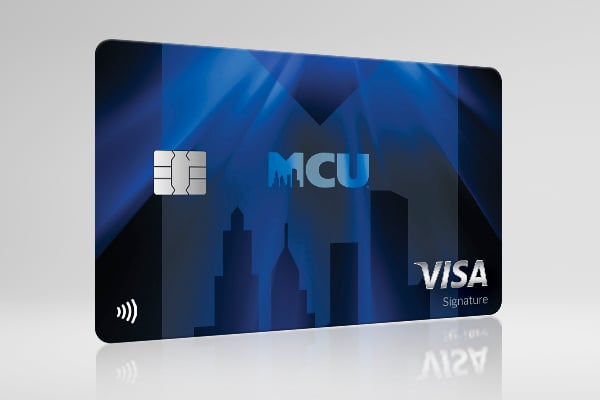- Home
- Meet the Team
- Log In
- Contact
- Careers
- Search
- Search Results
- Branches & ATMs
- Rates
- Log In
- About MCU
- Join MCU
- Personal Banking
- Lending
- Credit Cards
- Lending Services
- Insurance
- Member Resources
- MCU Financials
- Forms and Disclosures
- Privacy Policy
- Automated Telephone Banking
- Order New Checks
- Security & Fraud Alerts
- Privacy Notice
- Schedule an Appointment
Overdraft
A situation in which an account holder writes a check or makes an electronic transaction for more money than is available in their account.
More Details
An overdraft is a situation in which an account holder writes a check or makes an electronic transaction for more money than is available in their account. This can occur when an account holder does not have sufficient funds in their account to cover the amount of the check or transaction, or when an account holder exceeds the available balance on their account.
Example
Imagine that you have a checking account with a balance of $100, but you write a check for $200. This would result in an overdraft, as you do not have enough money in your account to cover the check. Overdrafts can be costly, as they may result in overdraft fees and other charges being assessed by the bank or credit union. It is important to carefully manage your checking account and to avoid overdrafts whenever possible.
Related Terms
Certified Check
A check that has been certified by the bank as having sufficient funds to cover the full amount, with the bank guaranteeing payment.
Asset
A resource owned by an individual or organization that has economic value, such as cash, investments, and property.
Insufficient Funds
A situation in which an individual or institution does not have enough money in their account to cover a transaction or withdrawal.

 Previous Menu
Previous Menu







